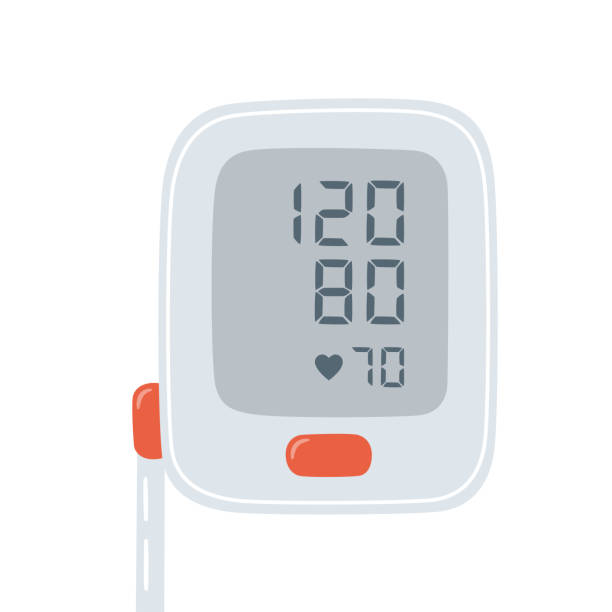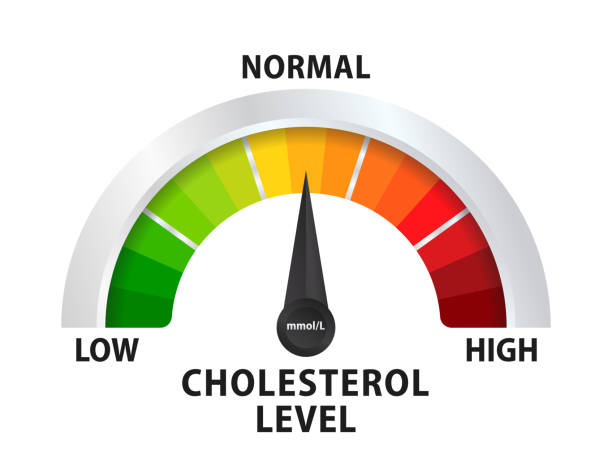Diet & Nutrition, Healthy Recipes, What to Eat and Drink
Asparagus And Heart Health
Not only is asparagus a gourmet treat with its sweet spears and unique taste, it is also a nutritional gem that may be good for your heart. The bright green food is also good for you because it is full of vitamins, minerals, and antioxidants that are good for your heart.
In this article, we will look at the heart health benefits of eating asparagus, specifically how its special compounds and nutrient profile make it a good choice. From helping to keep blood pressure in a healthy range to lowering cholesterol, asparagus is a tasty addition that not only pleases the taste buds but also supports a strong and healthy circulatory system.

Key Nutrients in Asparagus That Promote Heart Health
In addition to folate, asparagus contains a variety of other nutrients that contribute to heart health. This vegetable is a rich source of potassium, a mineral that helps regulate blood pressure. By including potassium-rich foods like asparagus in your diet, you can support healthy blood pressure levels and reduce the risk of developing hypertension.
Asparagus is also packed with antioxidants, including vitamins A and C. These antioxidants help protect your heart by neutralizing harmful free radicals and reducing oxidative stress. By incorporating asparagus into your meals, you can increase your intake of these heart-protective antioxidants and promote overall cardiovascular health.

Asparagus and Its Role in Reducing Blood Pressure
High blood pressure, or hypertension, is a common risk factor for heart disease. Fortunately, asparagus can play a role in reducing blood pressure levels and promoting a healthy cardiovascular system. Thanks to its high potassium content, asparagus helps balance the sodium-potassium ratio in your body, which is essential for maintaining optimal blood pressure.
Potassium acts as a natural diuretic, helping your body eliminate excess sodium through urine. By reducing sodium levels, asparagus helps relax and dilate your blood vessels, allowing for improved blood flow and lower blood pressure. Incorporating asparagus into your diet can be an effective way to support healthy blood pressure levels and reduce the risk of hypertension.

Asparagus and Its Impact on Cholesterol Levels
High cholesterol levels are a significant risk factor for heart disease. However, asparagus can help combat this by supporting healthy cholesterol levels. The fiber content in asparagus plays a crucial role in cholesterol management. Soluble fiber, in particular, helps reduce the absorption of cholesterol in the bloodstream, preventing its buildup in the arteries.
By including asparagus in your meals, you can increase your fiber intake and support the reduction of LDL (bad) cholesterol levels. Additionally, asparagus is low in saturated fat and cholesterol itself, making it an ideal choice for a heart-healthy diet.

Asparagus and Its Ability to Support Healthy Blood Vessels
Maintaining the health of your blood vessels is vital for a healthy heart. Asparagus contains a unique combination of nutrients that support the integrity and flexibility of blood vessels. The antioxidants found in asparagus, such as vitamins A and C, help reduce inflammation and oxidative stress in the blood vessels, promoting their health and function.
Furthermore, asparagus contains a compound called rutin, which is known for its ability to strengthen capillary walls and improve blood circulation. By consuming asparagus regularly, you can support the health and flexibility of your blood vessels, reducing the risk of cardiovascular problems.

Incorporating Asparagus into a Heart-Healthy Diet
Now that you understand the remarkable heart-healthy properties of asparagus, you may be wondering how to incorporate it into your meals. Fortunately, there are countless delicious ways to enjoy this nutrient-dense vegetable and reap its benefits.
- One simple way to enjoy asparagus is by roasting it. Toss the asparagus spears in olive oil, sprinkle with salt and pepper, and roast them in the oven until they are tender and slightly caramelized. This method enhances the natural flavors of asparagus and creates a delightful side dish or a tasty addition to salads and pasta dishes.
- Grilling asparagus is another fantastic option. The smoky flavor from the grill adds a delicious twist to this versatile vegetable. Simply brush the asparagus with olive oil and season with your favorite herbs and spices, then grill until tender and slightly charred. Grilled asparagus pairs well with grilled meats, fish, or tofu, creating a heart-healthy and satisfying meal.
- If you prefer a quicker cooking method, steaming asparagus is a great choice. Steaming helps retain the vibrant green color and the nutritional value of asparagus. Place the asparagus spears in a steamer basket over boiling water and steam until they are tender-crisp. Steamed asparagus can be enjoyed on its own or used as a nutritious addition to stir-fries, omelets, or grain bowls.

Delicious Asparagus Recipes for Heart Health
To inspire your culinary creativity, here are a few delicious asparagus recipes that are not only packed with heart-healthy nutrients but also bursting with flavor:
- Asparagus and Lemon Risotto – This creamy and tangy risotto combines the earthy flavors of asparagus with the brightness of lemon. Sauté asparagus with garlic and shallots, then stir in Arborio rice, vegetable broth, and lemon zest. Continue cooking until the rice is creamy and tender, and finish with a sprinkle of Parmesan cheese.
- Grilled Asparagus and Shrimp Skewers – These skewers are perfect for summer grilling. Thread marinated shrimp and asparagus onto skewers, then grill until the shrimp are cooked through and the asparagus is tender. Serve with a squeeze of fresh lemon juice for a burst of citrusy goodness.
- Roasted Asparagus and Quinoa Salad – This refreshing salad combines roasted asparagus with protein-rich quinoa and a zesty lemon vinaigrette. Toss roasted asparagus with cooked quinoa, cherry tomatoes, diced red onion, and a simple dressing made with lemon juice, olive oil, and Dijon mustard. Top with crumbled feta cheese for an extra flavor boost.
Other Health Benefits of Asparagus
Apart from its impressive heart-healthy properties, asparagus offers a range of additional health benefits. This versatile vegetable is low in calories and high in fiber, making it an excellent choice for weight management and digestive health. The fiber in asparagus promotes regular bowel movements and helps prevent constipation.
Asparagus is also rich in vitamins A, C, E, and K, which play essential roles in supporting your immune system, promoting healthy skin, and maintaining strong bones. Additionally, the antioxidants found in asparagus contribute to overall cell health and may help reduce the risk of chronic diseases, such as cancer.
Conclusion
Incorporating asparagus into your diet is not only a delicious way to add flavor to your meals but also a smart choice for supporting heart health. Its high folate content, potassium levels, cholesterol-lowering properties, and ability to support healthy blood vessels make asparagus a valuable addition to a heart-healthy lifestyle.
By enjoying a variety of asparagus dishes, from roasted spears to refreshing salads, you can increase your intake of essential nutrients and antioxidants that promote heart health. So, next time you’re at the grocery store, be sure to grab some fresh asparagus and embark on a culinary adventure that will benefit both your taste buds and your heart. Your body will thank you for it!


